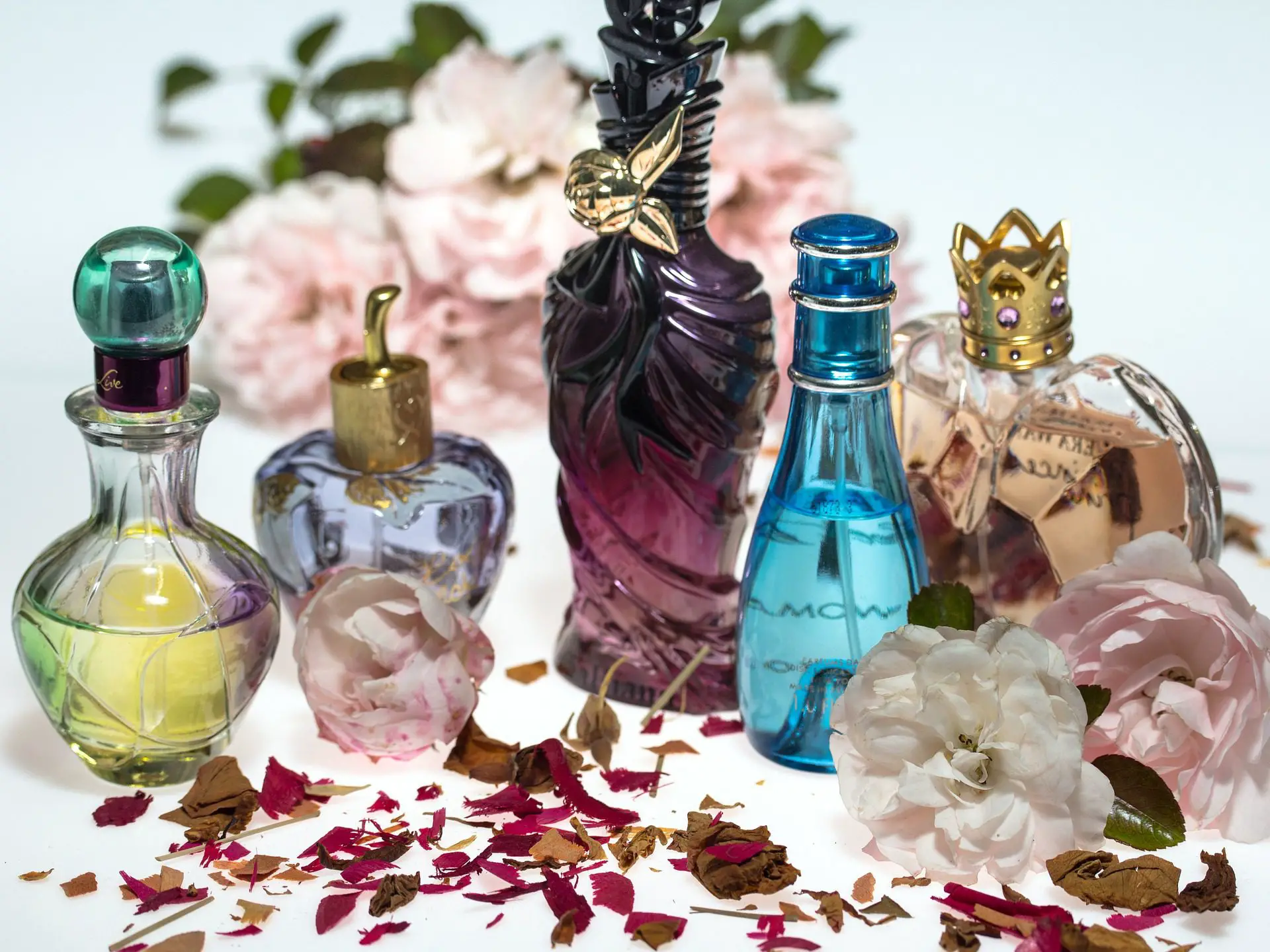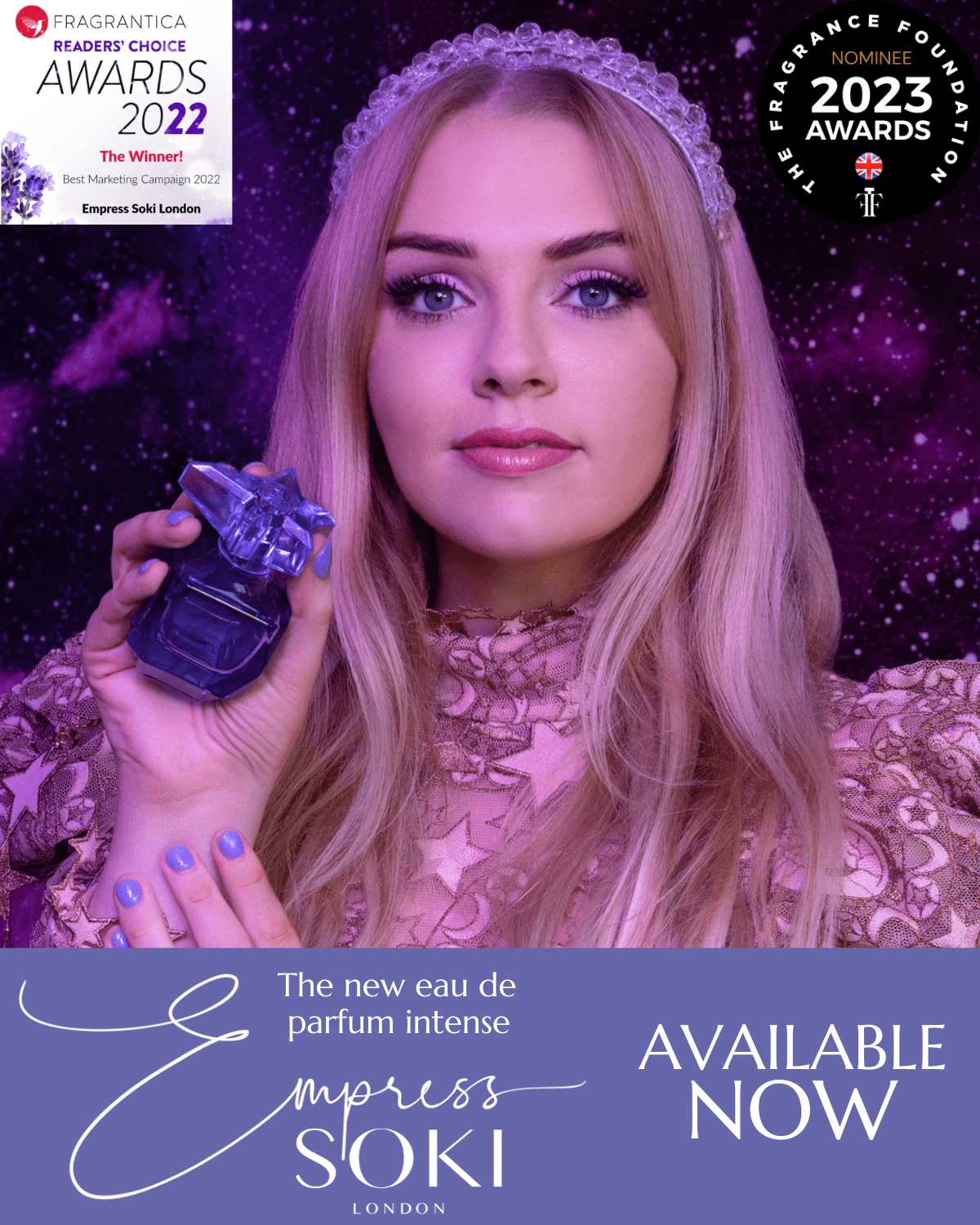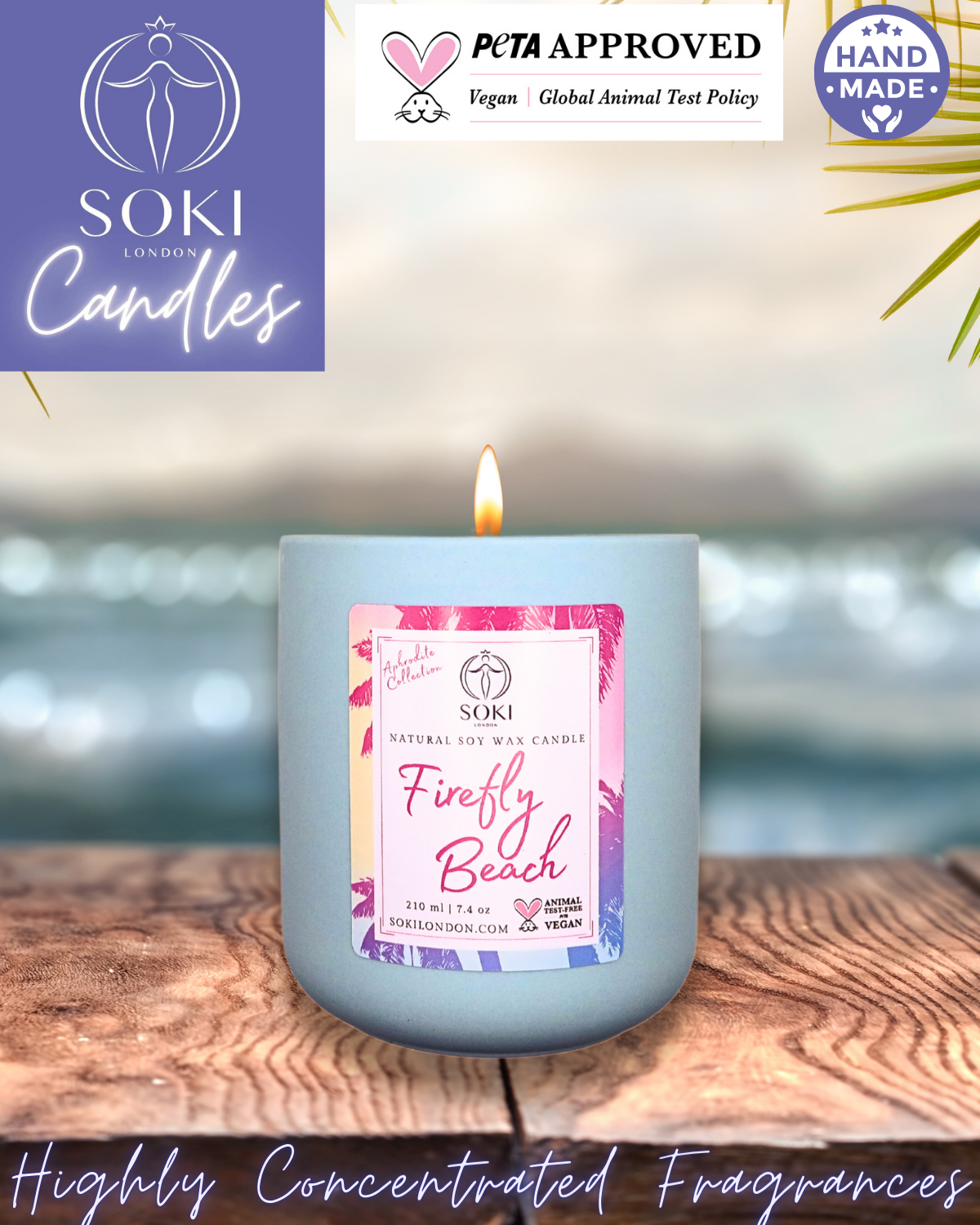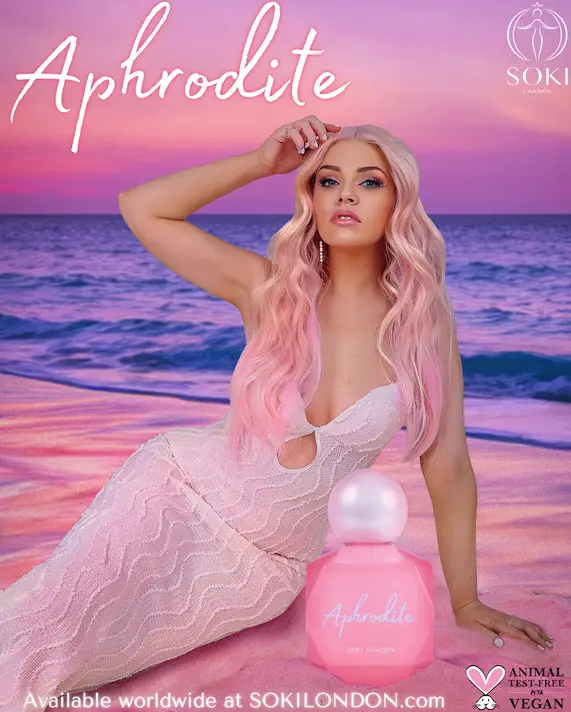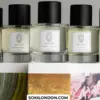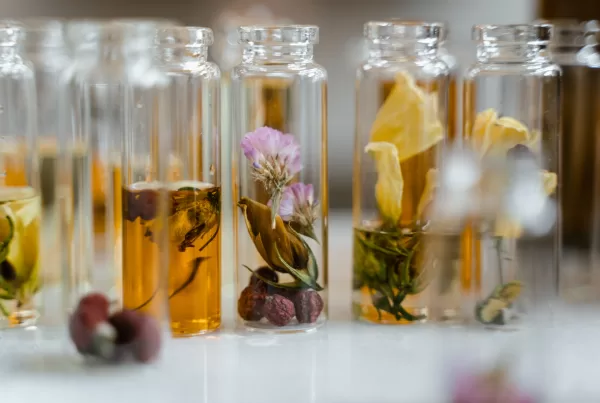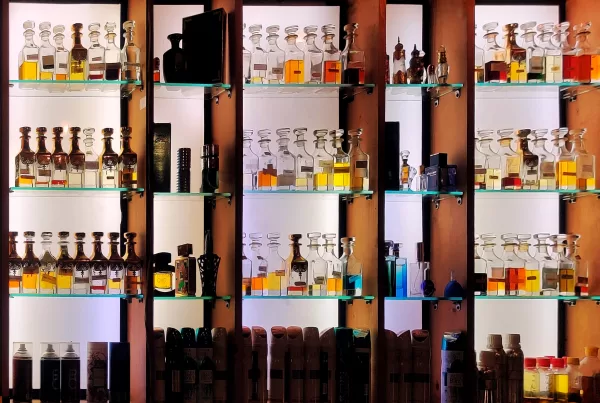Table of Contents
- Who invented perfume – the untold story of perfume and cologne
- The history of perfume
- The different types of perfume
- How perfume is made
- Who invented perfume?
- The history of wearing perfume
- How perfume became popular
- Conclusion
Who invented perfume – the untold story of perfume and cologne
Perfume is one of the oldest forms of cosmetics, with a history that dates back to ancient Egypt and Mesopotamia. Today, it is an $18 billion industry with a wide variety of products available on the market. But who invented perfume? The answer is not as simple as you might think. In fact, the history of perfume is long and complex, with many different people and cultures playing a role in its development. In this blog post, we will explore the history of perfume and cologne, from its earliest beginnings to the modern day. We will also uncover some of the lesser-known facts about this popular product, so that you can better understand its place in today’s world.
The history of perfume
The history of perfume is a long and complicated one, with the first recorded use of perfume dating back to ancient Mesopotamia. In fact, the word perfume itself is derived from the Latin word per fumum, meaning “through smoke”. The earliest perfumes were made from animal fats and plant extracts, and were used for religious ceremonies and as a way to mask body odor.
Perfume truly began to flourish during the Renaissance period, when botanical knowledge increased and new ingredients became available. This was also a time when personal hygiene was not as high a priority as it is today, so people relied heavily on perfume to cover up any unpleasant smells. Famous perfumers of this era include Jean-Baptiste Grenouille and Giovanni Maria Farina, who created some of the most iconic scents in history.
As technology progressed, so did the methods used to create perfume. Synthetic ingredients were introduced in the 19th century, which allowed for a wider range of smells to be created. And in 1868, chemist Eugène Rimmel invented aerosmetic grade alcohol, which made perfume accessible to the masses.
Today, perfume is more popular than ever before. It has become an essential part of many people’s daily routines, and there are now thousands of different brands and fragrances to choose from. Whether you prefer floral or musky scents, there’s sure to be a perfume out there that’s perfect for you.
The different types of perfume
There are many different types of perfume, and each one has its own unique scent. The most common type of perfume is floral, which has a sweet, feminine smell. Other popular types of perfume include musky, spicy, fruity, and woody.
Floral perfumes are the most popular type of perfume among women. They are typically made with essential oils from flowers, such as jasmine or rose. Floral perfumes can be light and airy or heavier and more intoxicating, depending on the concentration of essential oils used.
Musky perfumes are often thought of as being masculine, but they can be enjoyed by anyone. Musky scents are usually made with animalistic notes like a synthetic musk or ambergris. These types of perfume are often rich and intense, making them perfect for evening wear.
Spicy perfumes are perfect for those who like a little bit of heat in their fragrance. Common spices used in these types of perfume include pepper, ginger, cinnamon, and clove. Spicy perfumes can be very invigorating and are often worn during the day.
Fruity perfumes are always refreshing and can be worn at any time of day. Fruity scents typically contain notes of citrus fruits like lemon or grapefruit, as well as sweeter fruits like strawberry or peach. These types of perfume are perfect for summertime wear.
How perfume is made
Perfume is made by extracting and distilling the essential oils from plant materials. The plant material is usually crushed or ground up, and then placed in a still with water. The still heats the mixture, and the steam that rises carries the fragrance of the plants with it. The steam is then cooled and condensed back into a liquid form, which is called “absolute.”
There are two other methods of extracting perfume oils from plants: solvent extraction and enfleurage. Solvent extraction uses chemicals to remove the oils from the plant material, while enfleurage involves soaking the plant material in fat, which absorbs the fragrance.
Once the essential oils have been extracted, they are blended together to create a desired scent. Perfumes can contain anywhere from one to hundreds of different kinds of fragrance notes, which interact with each other to create a unique smell.
Who invented perfume?
The word perfume is derived from the Latin words ‘per fumus’ meaning ‘through smoke’. The first recorded use of perfume was by the ancient Egyptians who used it in religious ceremonies. They made their perfumes from animal and plant oils and fats.
The first commercial perfumes were made in the 13th century in Italy and Egypt. These perfumes were made from a blend of oil and alcohol. The art of making perfume spread from Italy to Spain and then to France.
In the 17th century, perfume was used more for its therapeutic properties than for its pleasant smell. It was thought to ward off disease and relieve ailments such as headaches, anxiety, and depression.
It wasn’t until the 18th century that perfume became popular for its own sake. This was thanks to a number of factors including the rise of the middle class, who could afford luxury items such as perfume, and the development of synthetic fragrances which made scent more affordable for everyone.
So who invented perfume? It’s impossible to say for sure as it has been around for thousands of years and has been created by many different people from all over the world. But we can say with certainty that it is a timeless product that continues to bring joy to people’s lives.
The history of wearing perfume
The history of perfume is long and complex, with many different people and cultures playing a role in its development. The earliest known reference to perfume comes from the ancient Mesopotamian civilization, where perfumes were used in religious ceremonies and as personal adornments.
The first true perfumes were created by the Egyptians, who began distilling plant oils and extracts into concentrated forms. These perfumes were used for both practical and ceremonial purposes, and became an integral part of Egyptian culture.
The art of perfume-making spread to other cultures, including the Greeks and Romans. Perfume was particularly popular in Rome, where it was used to mask the smells of the city’s crowded streets and homes. Roman perfumes were also said to have therapeutic properties, and were used to treat a variety of ailments.
Perfume continued to be popular throughout the Middle Ages and Renaissance, although it fell out of favor during the Puritanical period in England. In France, however, perfume remained an important part of life, with many famous fragrance houses such as Guerlain and Chanel being founded during this time.
Perfume has been an essential part of human culture for thousands of years, and shows no signs of waning in popularity anytime soon.
How perfume became popular
While the history of perfume is long and complicated, the popularity of perfume is relatively recent. In fact, it was only in the last century that perfume became widely used and accepted.
So, how did perfume become popular? Well, there are a few key factors. First, the industrial revolution led to the creation of synthetic scents which were much cheaper to produce than natural ones. This made perfume more accessible to the masses.
Second, due to advances in transportation and communication, people began to travel more and came into contact with different cultures. This exposed them to new smells and spawned a curiosity for foreign fragrances.
Lastly, as society became more affluent, people had disposable income to spend on luxury items like perfume. And as the media began to promote celebrity culture, perfumes became even more desirable as status symbols.
So there you have it! These are just some of the reasons why perfume became popular. Who knows where the popularity of perfume will lead us in the future?
Conclusion
The history of perfume is a long and complicated one, with many different people contributing to its development over the centuries. While we may not know exactly who invented perfume, we can certainly appreciate the artistry and creativity that has gone into its creation. Perfume is now an essential part of many people’s lives, and it is safe to say that it will continue to be so for many years to come. Thank you for reading!

